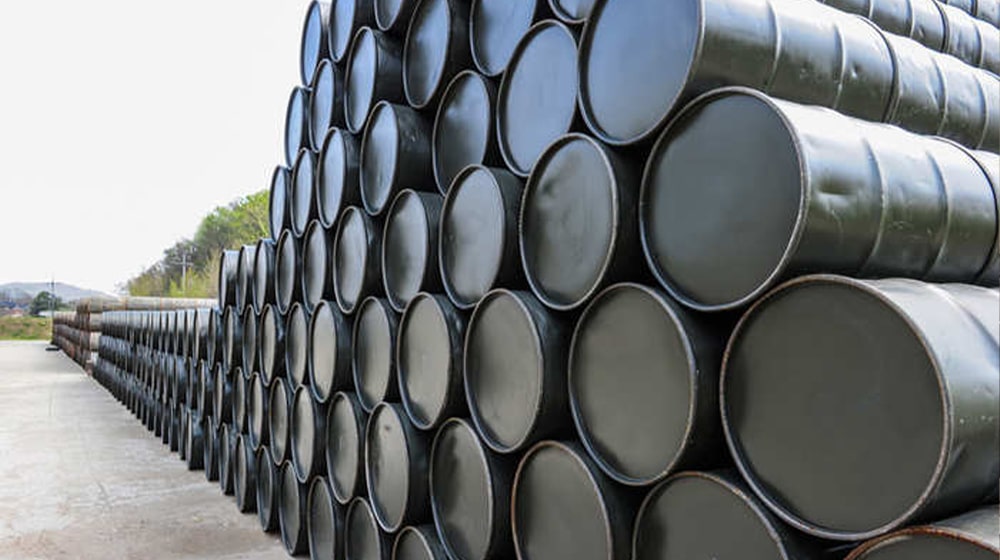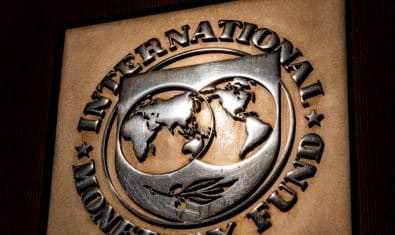The rapid reversal in global oil prices has been largely driven by hopes that Saudi Arabia and the UAE would soon boost oil production. Other factors driving the correction include a drop in Chinese crude oil demand and the daily inflationary blowback observed as a consequence of the Russia-Ukraine conflict.
The ripple effect has eased back a bit, but the world isn’t out of the woods yet. Research suggests oil is still trading well above its cost of production, and large swings are expected to continue in this period of great uncertainty.
Let’s have a look at the reasons behind the dip in oil prices this week:
Fear-Driven Sentiments
Following Russia’s invasion of Ukraine, global oil prices shot through the roof, spreading fear among merchants already struggling to meet supply demands. Moreover, when Brent crude rose above $139 per barrel just over a week ago, big-name analysts and industry players feared that prices may reach $185, then $200, as traders avoided Russian oil. This eventually drove up inflation and heavily burdened the global economy.
However, there has been a quick reversal ever since, and the confusion surrounding conflicting reports has died down a bit.
Over the past week, investors appear to be questioning whether they went too far, and a little too fast. With renewed confidence, the ambassador of the United Arab Emirates to Washington told CNN that the country wishes to increase oil output over expectations that the Organization of the Petroleum Exporting Countries (OPEC) will interfere after all. Meanwhile, Russia and Ukraine continue talks to end the war.
While such events don’t feel as earth-shattering as other outliers supporting the global supply crunch, China’s dedication to halting the spread of COVID-19, which has resulted in a lockdown in the tech capital of Shenzhen and new laws in Shanghai, may mean that the country requires less energy in the near future. It bears mentioning that every day, China imports over 11 million barrels of oil.
Recovery, and More Confusion
Consequently, Brent futures have fallen over 30 percent from their 14-year highs observed on 7 March 2022, and trading has been volatile since Russia’s invasion of Ukraine on February 24. After dropping another 6.5 percent on Tuesday, Brent contracts briefly fell below $100 a barrel for the first time this month.
While the $100 per barrel range remains exceedingly costly, if retained, it may alleviate some concerns about rising inflation in the near term. In this regard, policymakers would almost certainly exhale a sigh of relief, however, it is apparent that investors are still uneasy as they deal with the fallout from Russia’s incursion.
Interestingly, Russian oil is still trading at a $26 discount to Brent, and many economies are grappling with the urge to go for it.
Impact on Pakistan
Pakistan is finding it difficult to obtain diesel from international markets due to a supply crunch created by the Russia-Ukraine conflict, Bloomberg reported.
Pakistan’s problems are aggravated by the global shortage of industrial and transportation fuel, which has worsened with Russia’s invasion of Ukraine. It is putting additional strain on the government’s budget after Prime Minister Imran Khan slashed domestic fuel and energy costs at the beginning of March, despite making inverse commitments with the International Monetary Fund (IMF) last month.
Pakistan’s fuel and petroleum inventories now exceed one month’s demand — the highest level in many years — and the situation could worsen if the prevalent geopolitical crunch persists beyond July.
According to the latest PBS release, Pakistan’s petroleum imports have surged over 100 percent to $13 billion in July-February 2021-22, compared to $6.5 billion in the corresponding period last year.
Monthly imports were down 17.74 percent in February 2022, standing at $1.245 billion, compared to $1.514 billion in January 2022, but up 54.74 percent year-on-year in February 2022, standing at $804.85 million in the same period last year.



























Pakistan is an oil and gas rich nation. Why are we still importing oil and gas? Why didn’t any government improve Pakistan’s oil and gas extraction and oil refineries to cater for local demand at least?
Think of how much Pakistan can save by localizing its oil and gas?